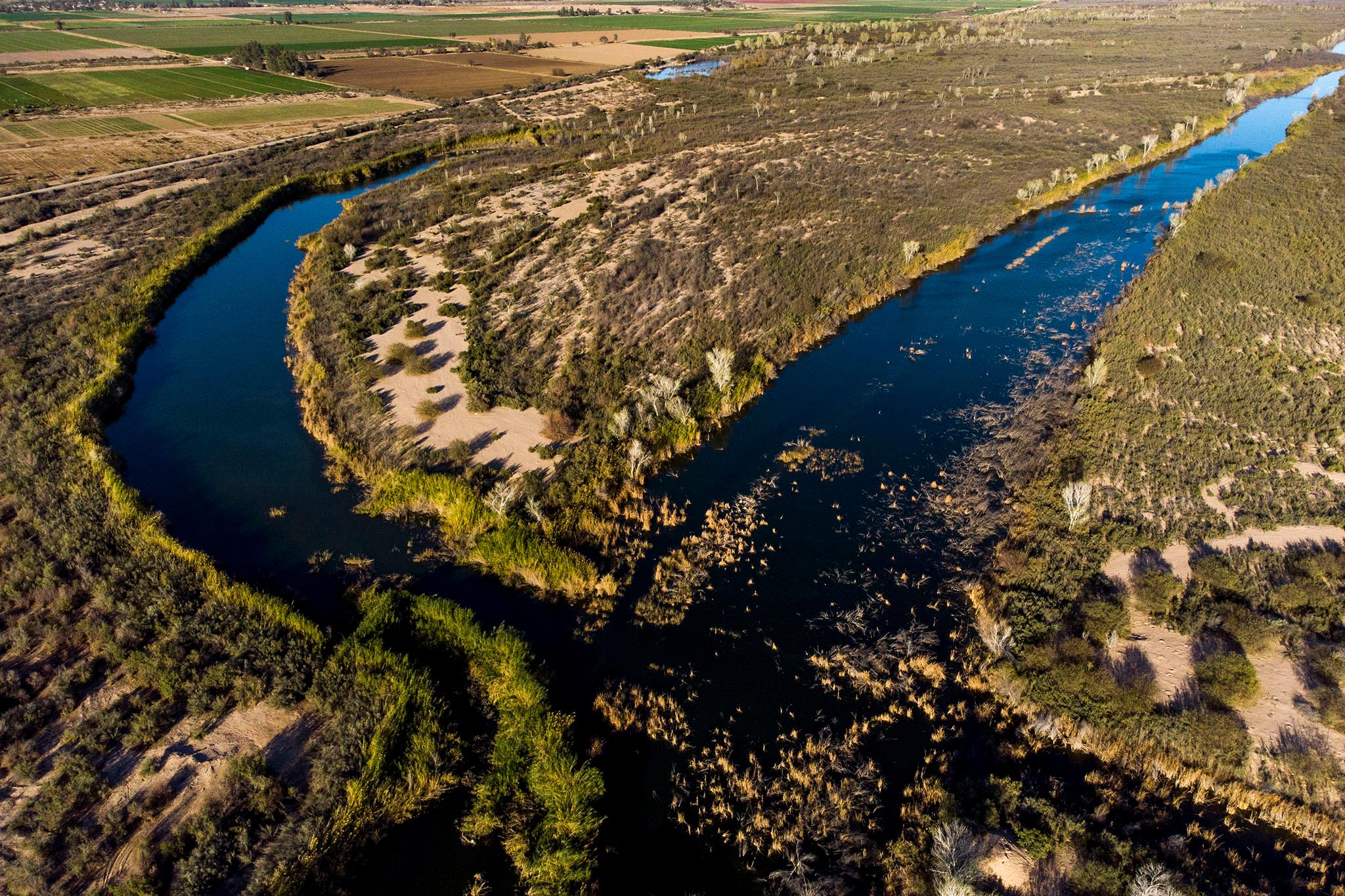
A new state task force charged with investigating the local effects of the drought-depleted Colorado River and recommending legislation to respond to the water crisis met for the first time this week.
Members representing different river interests who gathered for the first meeting on July 31 shared hope that they would find common ground as they collaborate on possible policies, tools and solutions to help respond to the Colorado River, which has been depleted by a 20-year megadrought, climate change and overuse.
The Colorado state legislature created the task force last year to bring together representatives from agriculture, water managers from Front Range cities and Western Slope towns, environmentalists, Southern Ute and Ute Mountain Ute representatives and industry. The 17 members will meet 10 times until Dec. 7, when it will submit a report of recommendations to lawmakers ahead of the 2024 legislative session.
Some members shared worries about accomplishing the goals by the December deadline.
As the Colorado River struggles to meet the needs of tens of millions across the Southwest, tensions have grown between the states and tribal nations that share this dwindling resource. The river starts in the Rocky Mountains and supplies water to Western Slope farmers and communities, as well as cities along the Front Range like Denver. Downstream of Colorado, the river flows to Mexico and is used by seven states and several tribes along the way.
Colorado’s new task force will consider how the state might be affected if the Colorado River and its reservoirs drop to critically-low levels. The federal government has threatened to step in and make water cuts necessary to prevent that. There’s also concern that, eventually, Colorado and the other upper-basin states— Wyoming, Utah and New Mexico — might have to respond to legal challenges if the downstream states — Arizona, Nevada and California — feel they aren’t getting enough water.
“My greatest fear about the task force is that we know that the lower basin is going to be watching, other states in the Colorado River Basin are watching,” said Lee Miller, general counsel of the Southeastern Colorado Water Conservancy District. “That we don’t give them fuel to divide us more or use it against us in the negotiations for the interim guideline extension.”
Miller is referring to a negotiation process that started in June and will go through 2026. By the end of it, the states and tribes that share the Colorado River, along with Mexico, will be expected to agree on a new set of guidelines and strategies on how to prevent the Colorado River and its reservoirs from crashing in the face of climate change, drought and overuse.
But that is years away, and the country’s two largest reservoirs — Lake Mead and Lake Powell — both hit record-low levels in the last year. The drops caused the federal government to step in and start considering ways the U.S. Bureau of Reclamation might work with the states to cut back on Colorado River use or take unprecedented action to force cuts if the states fail to provide a plan.
The reservoirs are recouping some of their losses after a snowy winter and rainy spring and early summer, which has bought the states and the federal government some time to figure out how they might keep water in the river as they negotiate the new guidelines moving forward for 2027. Nevada, Arizona and California have pitched a plan that could possibly keep enough water in the river for the next three years, and the federal government and the upper basin states are considering the details.
“We don’t want to do anything that weakens our position with the lower basin states when we’re looking at the big river issues,” Chairwoman Kathy Chandler-Henry said during the meeting. “Even though this task force is within the state of Colorado, we have a big responsibility to the upper basin as well.”
Upper Colorado River Commissioner Rebecca Mitchell, who was recently appointed as the state’s first full-time Colorado River representative and negotiator, is a member of a subcommittee that will focus on tribal water issues.
“I think really my focus is to make sure that as I go into the negotiations, that Colorado stands united, because I think that’s going to be incredibly important,” Mitchell said at the meeting.
She said the current guidelines on how managing the Colorado River and Lake Mead and Lake Powell, “aren’t working for us right now, and they really have not worked for the tribes ever.”








